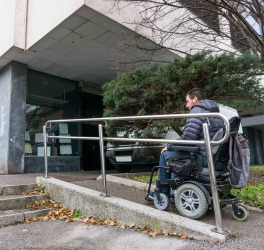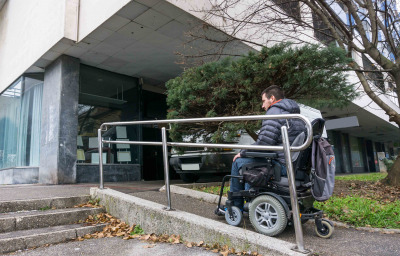
Outokumpu Stainless USA, LLC, a stainless steel manufacturer headquartered near Mobile, Ala., which employs more than 900 persons at its Calvert, Ala., facility, violated federal law by refusing to hire an applicant because of his use of medication prescribed by his doctor for anxiety and panic attacks, the U.S. Equal Employment Opportunity Commission (EEOC) charged in a lawsuit it filed on November 3.
According to the EEOC’s lawsuit, the applicant was offered an entry operator position at Outokumpu’s Calvert facility contingent upon passing a physical examination and drug screening by a third-party company that conducts pre-employment health screenings for employers.
According to the EEOC, when the applicant informed the examiner he takes prescription medication due to anxiety and a history of panic attacks, Outokumpu withdrew the conditional offer of employment due to possible side effects of the medication.
Failing to hire an individual because of a disability, perceived disability, or record of disability, and applying policies or standards that screen out persons with disabilities, violate the Americans with Disabilities Act (ADA). The EEOC filed suit (EEOC v. Outokumpu Stainless USA, LLC, Case No. 1:20-cv-00521) in U.S. District Court for the Southern District of Alabama after first attempting to reach a pre-litigation settlement through its conciliation process. The agency’s lawsuit seeks monetary damages for the applicant, including back pay, compensatory and punitive damages, and injunctive relief.
“Rejecting qualified applicants based on assumptions or stereotypes costs society, particularly in terms of the lost talent that these individuals can contribute,” said Bradley Anderson, district director of the EEOC’s Birmingham District Office. “This applicant was robbed of a chance to prove his abilities, and was an unnecessary loss for everyone.”
Marsha Rucker, regional attorney for the EEOC’s Birmingham District Office, added, “The ADA was enacted precisely to prevent circumstances like this — when employers act based on stereotypes or fears rather than on accurate assessments of a person’s present abilities and need for accommodation, if any. Employers who disregard the requirements of the ADA not only lose out on hiring valuable emp¬loyees, they open themselves up to lawsuits such as this one.”
One of the six national priorities identified by the Commission’s Strategic Enforcement Plan is to address eliminating barriers in recruitment and hiring.








